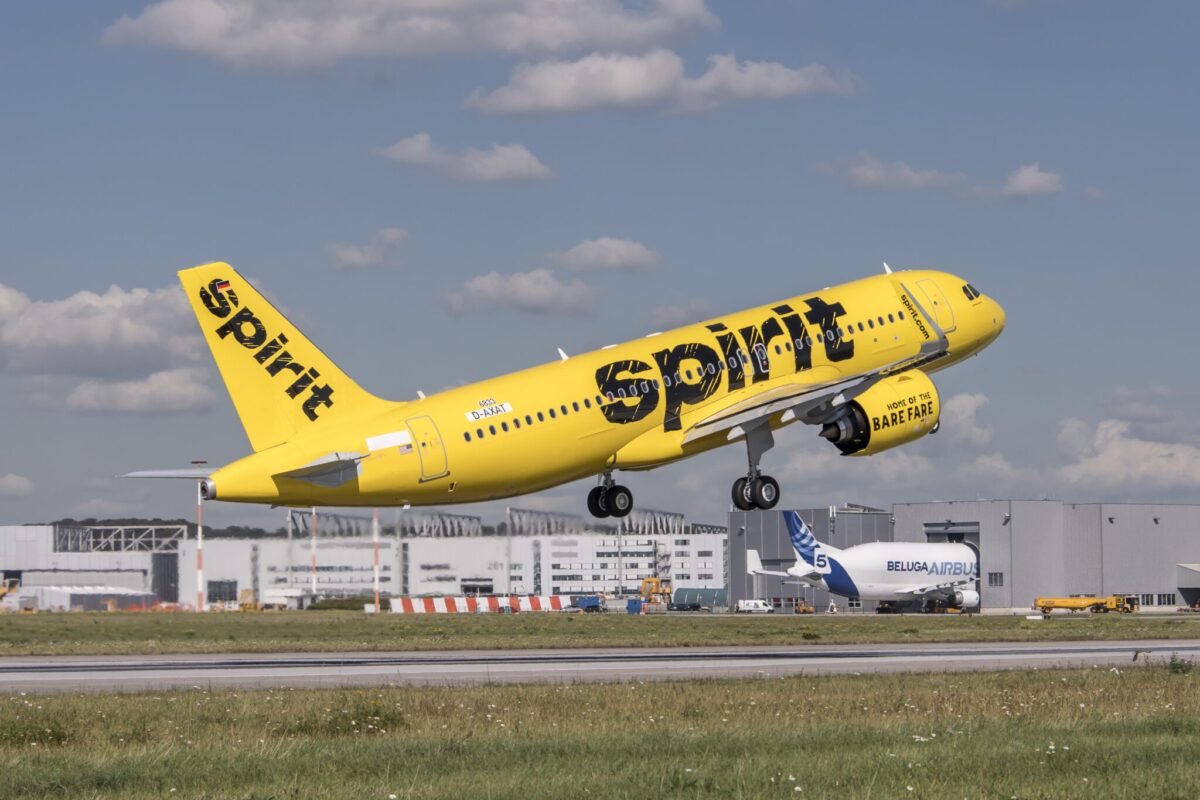Skift Take
With 'transformational' changes to its business model announced earlier this week, Spirit will be hoping that these numbers are the start of a long-term shift for the troubled airline.
Spirit Airlines cited overcapacity and strong competition among the factors weighing down a sluggish set of second quarter earnings.
Just two weeks ago, the ultra-low-cost carrier lowered its revenue outlook for the quarter, blaming softer ancillary sales. On Thursday, Spirit confirmed that net losses widened to $192.9 million, a sharp deterioration on the $2.3 million loss at the same time last year.
In a market filing, Ted Christie, the airline’s President and CEO said: “Significant industry capacity increases together with ancillary pricing changes in the competitive environment have made it difficult to increase yields, resulting in disappointing revenue results for the second quarter of 2024.”
In the airline industry, ancillary items are usually optional extras that passengers can add to a booking. These typically include checked luggage, allocated seating, and onboard refreshments. For budget carriers, they are critical to ensuring that low headline fares still deliver a profitable business model.
Spirit recently followed low-cost

